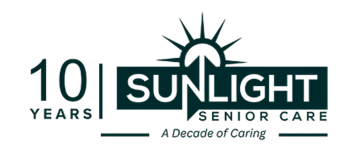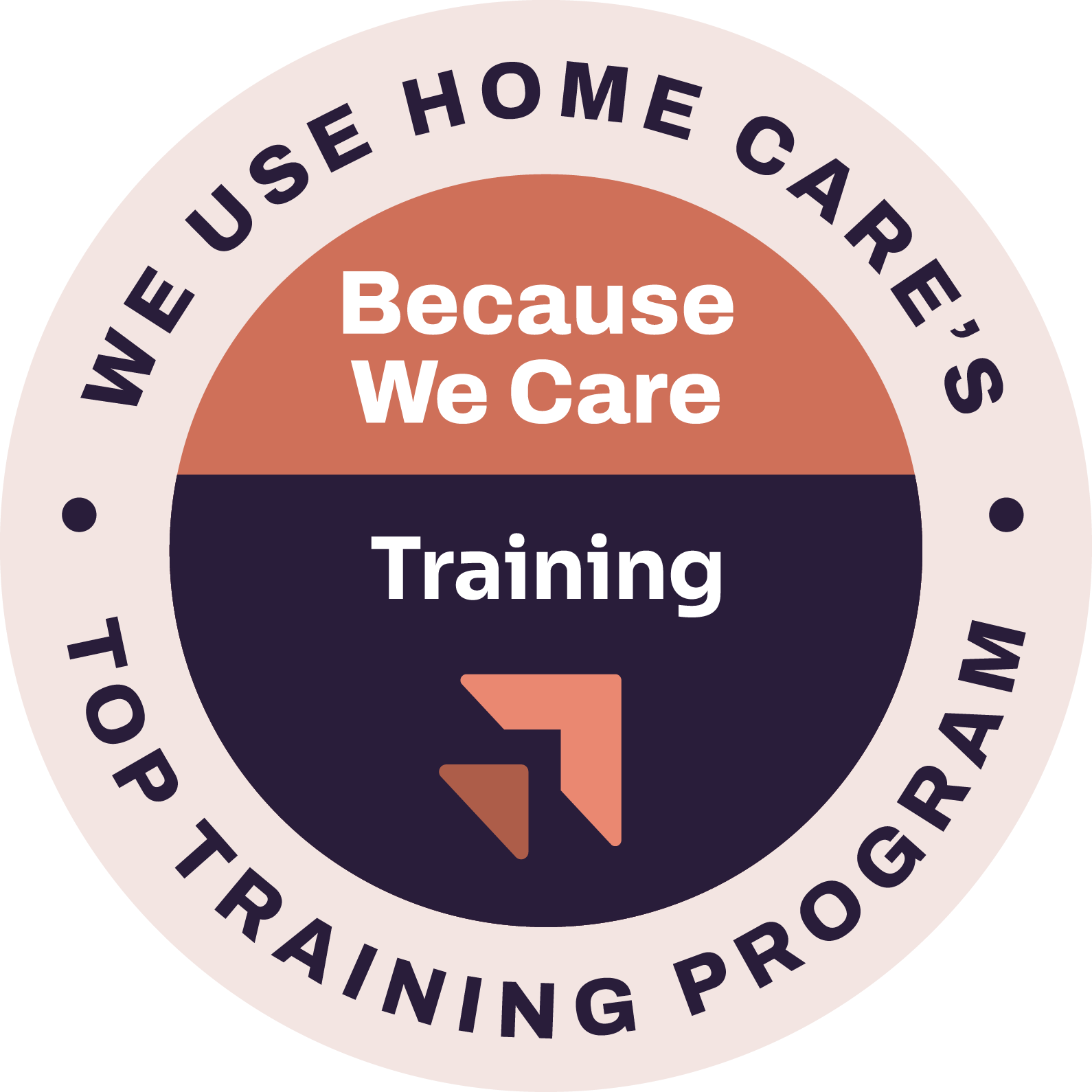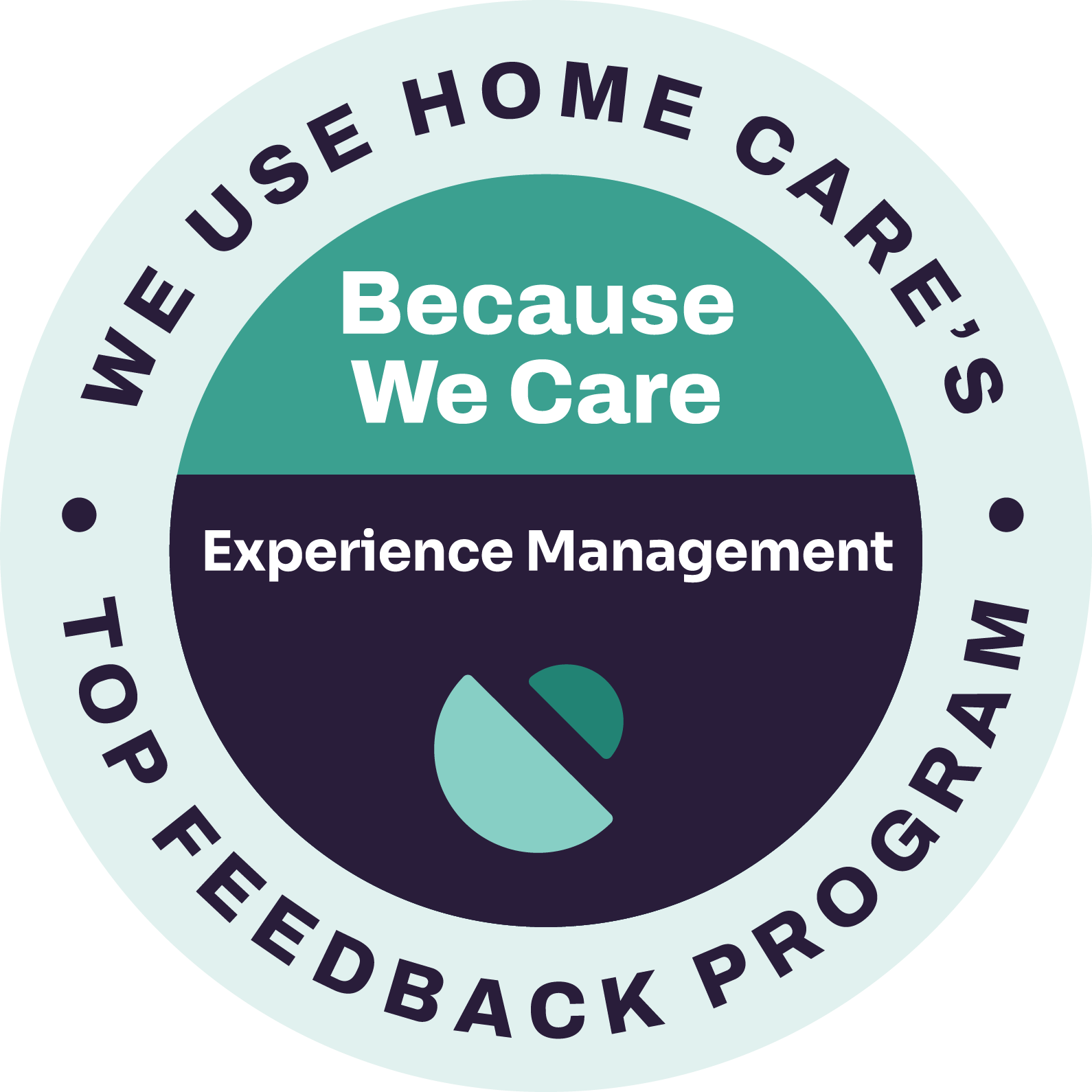First, there’s the hospital stay. Then it can be weeks of rehab. You’re grateful for your wonderful team of therapists and care professionals and for the progress you’ve made. But you long to go home and get your life back! Successful rehab discharge planning is the key. Your Discharge Planner will work with you, your family, and your care team to create a safe and effective discharge plan, essential for your continued recovery and well-being.
Failing to follow the discharge plan can land you right back in the hospital. Jen Wolf-Wubbels from Southlake Village Rehabilitation and Care Center in Lincoln, Nebraska, shared her insights about working successfully with your Discharge Planner. Sunlight Senior Care’s Director, Janet Osoro, and Care Coordinator Bobbi Spooner contributed their thoughts as well.

Jen Wolf-Wubbels, CSW Public Relations Coordinator Southlake Village Rehabilitation and Care Center
Primary Responsibilities of a Discharge Planner?
Patient Advocacy
While Discharge Planners have numerous responsibilities, Jen suggested “Being an advocate for the patient,” is at the center of all they do. She went on to explain Discharge Planners are the point of connection between the patient and family and the care team, ensuring that communication flows between them.
Enhanced Communication
Discharge Planners help gather and provide input from the patient and family for the care team and similarly help communicate the rehab team and staff’s feedback to the patient and family.
Creating the Discharge Plan
Discharge Planners help make sure the patient knows the care needs following discharge and can help them both identify and work through post-discharge care options.
Education
Bobbi Spooner is Sunlight Senior Care’s Care Coordinator in our Des Moines, Iowa, office. Previously, she was involved in discharge planning at a skilled nursing facility. Bobbi added, “Effective Discharge Planning is all about teaching. We had a patient who had gone to the hospital with pneumonia. It turned out the patient had COPD, and the pneumonia had done more damage to the lungs. The patient was going to be going home on oxygen and we helped her learn about oxygen concentrators and battery-powered options for out-of-home use.”
Connecting Resources
The Discharge Planner can further assist in post-discharge care by identifying and connecting the patient with outside resources. Jen’s examples included: coordinating with Care Managers for government and community-based services; helping coordinate in-home medical and non-medical care; and helping explore Assisted Living options.
The Discharge Plan
A well-crafted discharge plan is the cornerstone of successful rehab discharge planning. According to Jen, “Discharge plans are always patient-specific and based on what the interdisciplinary team determines as recommendations.” At the same time, discharge plans are based on the patient’s and family’s wishes. The discharge plan is designed to help ensure a safe and smooth transition back home or to another care facility. Post-discharge care is stipulated, including follow-up visits with physical/occupational/speech therapists. Hospital discharge instructions are reiterated, including any prescription medications.
If the plan is to return to the home, Southlake Village Rehabilitation and Care Center in partnership with their sister organization, Brookestone Home Health Care, will conduct a free home safety audit to help identify changes that would make the home safer. This might identify throw rugs which could cause a fall, the need for grab bars, loose stair rails, etcetera.
A safe discharge plan may require medical and/or non-medical at-home Caregivers. Family members often take on this role. Jen stressed that family Caregivers are not alone and suggested joining and learning from other family Caregivers in a local Caregiver support group. “Even if you don’t need it now, just having that info in your back pocket is reassuring.”
Professional Caregivers may supplement the care provided by family or be the solution if there is no local family to help. Discharge Planners can help arrange initial meetings with outside providers. Jen explained, “A lot of new relationships actually begin while the patient is still a resident of Southlake Village.”
When Creating a Discharge Plan For an Elderly Patient…
“The patient’s cognitive capacity is a primary issue,” Jen said. Can the patient clearly understand their post-discharge care? For example, having the pharmacy pre-pack prescriptions makes it easier If the patient might forget which meds to take and when to take them.
Discharge Planners can also assist with understanding options, costs, and resources. For some patients, cost can limit their options. This is one of the areas where Public Care Managers can be a blessing.
Lincoln: Aging Partners
Omaha: Eastern Nebraska Office on Aging
Des Moines: Aging Resources of Central Iowa
(More: Public Care Managers: Your Compass Through Life’s Twists)
Successful rehab discharge planning involves patients and their families
Southlake Rehab develops an initial Care Plan including patient and family goals shortly after a new patient is admitted. Jen emphasized that Southlake Village Rehab invites family meetings with the patient’s Discharge Planner to review and potentially adjust the care plan. Those meetings may be attended in person or via video call for remote family members.
The patient’s cognitive ability, wishes, and any legal documents, (e.g., Powers of Attorney) factor in as well. Jen emphasized it is important to have everyone sitting down and discussing the issues. In the case of sibling disagreement, they may help mediate the discussion.
Similarly, Jen said “At Southlake Village, we invite family to call if there are questions. It’s okay! Family doesn’t have to wait until a scheduled meeting.” And that call doesn’t have to be specific to the discharge plan. These could be questions about financial aspects, outside resources or even hoarding.
Transparency
Janet Osoro brings a wealth of experience to her role as Director at Sunlight Senior Care, a position she has held for over six years. Her background as a rehabilitation center discharge planner provides her with unique insights into the challenges faced by patients transitioning from care facilities to their homes.
Janet emphasized a critical aspect of discharge planning: transparency between patients, their families, and discharge planners. She advised, “It’s crucial for patients and their families to be open about all potential barriers or challenges they might face when returning home. While these topics can be sensitive, sharing this information is key to a successful transition.”

Some patients fear they might not be recommended for home discharge and may hesitate to share information about challenges at home. However, this approach can be counterproductive. Janet clarified, “The discharge planner’s primary objective is to ensure the patient can return home safely. They will do everything in their power to set the patient up for success, but this is only possible if they know exactly what is needed.
“Remember, your discharge planner is your ally in this journey, equipped with the knowledge and resources to help you overcome potential obstacles. Don’t let fear of disclosure hinder your path home. Embrace transparency and work together with your discharge planner for a safe and successful return to your home.”
Navigating Medicare and Long-Term Care Insurance
According to Jen, “It’s not always clear to people how skilled nursing is paid for. Medicare Advantage plans are not as cut and dry as traditional Medicare.”
Southlake Village Rehab contacts the patient’s Medicare Advantage plan or Medicare Supplement plan directly to identify the patient’s coverage. With a Medicare Advantage plan, there may need to be pre-approval to come to a skilled nursing facility. Upon admission, the discharge planners will communicate with and submit as needed for reauthorization for the patient’s continued skilled nursing care.
If the patient has long-term care insurance, Southlake Village will submit the necessary documentation. This smoothes and speeds up the reimbursement process, as the patient pays Southlake Village because the insurance company pays their policyholder directly.
Sunlight Senior Care is here to help
Sunlight Senior Care provides non-medical, in-home caregivers to come alongside the resident’s family and friends. Plus, Sunlight is flexible. There are no long-term contracts, no minimum number of care hours per week, and care services can be scaled up or scaled back as needed.
A Sunlight Caregiver may play an important role in ensuring a successful rehab experience. According to the Health Services Advisory Group, the most common post-discharge problems are:
1. A patient’s follow-up appointments are not scheduled or missed.
Sunlight Caregivers can provide transportation for follow-up appointments and can assist in getting those scheduled.
2. A patient’s social support/network is lacking.
Sunlight Caregivers become new friends and can help encourage social interaction.
3. A patient has difficulty in filling prescriptions.
Sunlight Caregivers can assist with picking up prescriptions or providing transportation to the pharmacy.
4. A patient not adhering to medications as prescribed.
Sunlight Caregivers can check to see if medications have been taken and provide medication reminders.
5. An unrealistic optimism by the patient and family to manage at home.
Sunlight Caregivers can be the Respite Caregivers who give family Caregivers the breaks they need.
6. Misunderstandings of the post-discharge care plan.
When Sunlight is brought into the discharge planning process, we can help to see that the plan is understood and followed.
Integral to successful rehab discharge planning is following the discharge plan. For those able to return home, Sunlight’s in-home Caregivers in Omaha, Lincoln and Des Moines help ensure patients can focus on their recovery.
Our thanks to Jen Wolf-Wubbels, CSW, and Southlake Village Rehabilitation & Care Center for sharing these insights on how patients and their families can experience the best rehab and post-rehab outcomes. For more information, visit their website: www.southlakevillagerehab.com, or call (402) 327-6300.








